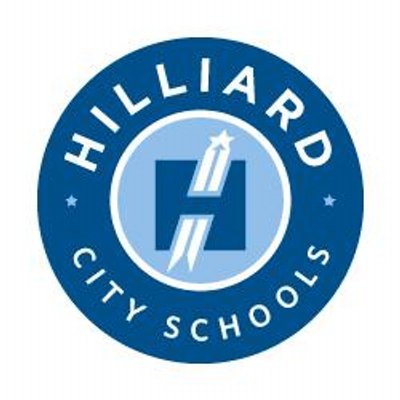This virtual book talk has grown across the years as more people have joined the conversation. This year, our Google Community already has close to 100 participants. During the month of July, participants will read Digital Reading: What's Essential by Franki Sibberson and Bill Bass. The book will be divided into three parts. Each week, we will discuss one of the sections through digital response, community commenting, and social media interaction. The great thing is, you can read, respond, comment and interact from your favorite spaces and in the times that work for you.
This year, I'm excited to offer this professional learning opportunity to educators in Hilliard City Schools for CEUs. Educators in our district can earn up to 10 hours (or 1 CEU) credit for participation in this global book-talk community. Many of you have participated in the past, but I'm thrilled to be able to offer credit for the work you do during your summer.
Here's how it will work. You will earn .1 credit for each section read, each digital response to reading, and each weekly Twitter chat (1 hour 3 total for each section). The event will not only give you an opportunity to think more about digital reading through this professional book, but also to connect with educators near and far.
To Get Started:
- Go to PD Express and Enroll (course can be found on 7/9, 7/16, 7/23, 7/27 dates)
- Join the #cyberPD Google Community (space to respond, link, connect, and discuss). You can join through your Hilliard City Schools Google account, if you like. (If you need help, just send me an email.)
- If you don't have a Twitter account, you'll want to join Twitter to participate in conversations. Our Twitter hashtag is #cyberPD. (More about hashtags)
July's Professional Book Chat: #cyberPD
- Week of July 6th: Read Chapter 1 & 2, digital response, Twitter chat 7/9
- Week of July 13th: Read Chapters 3-5, digital response, Twitter chat 7/16
- Week of July 23rd: Read Chapters 6 & 7, digital response, Twitter chat 7/23
- To Be Announced: Final Twitter Chat
Digital Response: Digital response to chapters may be made in any way and posted on our #cyberPD Google Community. This means you can write a response in the #cyberPD community, make a digital poster, create a video, or choose another way to share your understanding. In the past participants have posted from their blogs. If you have a blog, you can post your digital response there and link to the community. If you don't have a blog, this year participation is still possible.
Twitter Chats: Twitter chats will be hosted weekly using the hashtag #cyberPD. Twitter chats will be held on Thursdays at 10 a.m. EST. The final Twitter chat will be in the evening for the convenience of all time zones.
Hilliard City School Colleagues, I hope you'll join me for this professional development experience.

















